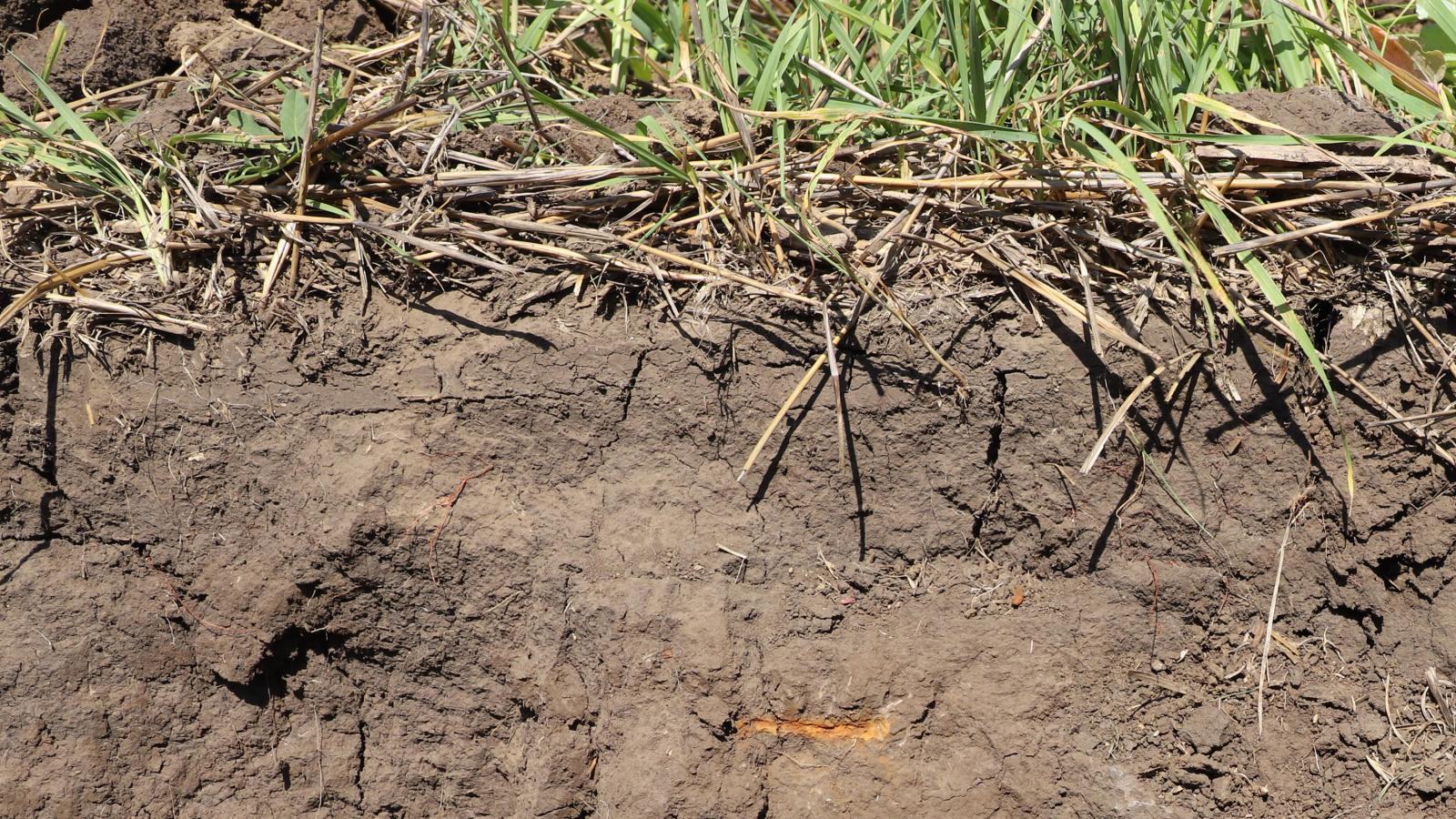Instructor(s): Rhae Drijber
Number of Credit Hours: 3
Cross-listings: PLAS 460, BIOS 460, NRES 460, SOIL 460, AGRO 860, BIOS 860
Prerequisites: Senior standing. Recommend having a strong science background, including courses from the agronomic, environmental, microbiology, engineering or medicine disciplines.
Description: Soil from a microbe's perspective-growth, activity and survival strategies; principles governing methods to study microorganisms and biochemical processes in soil; mechanisms controlling organic matter cycling and stabilization with reference to C, N, S, and P; microbial interactions with plants and animals; and agronomic and environmental applications of soil microorganisms.
Learning Outcomes/Course Objectives:
- Understand key factors of soil that shape microbial habitats.
- Discuss the relative importance of both abiotic and biotic controls governing the distribution, activity and survival of microorganisms in the soil environment.
- Outline the major pathways by which prokaryotes obtain cell carbon, reducing power and energy, and how these pathways have allowed microorganisms to exploit various niches in soils.
- Sketch the biogeochemical cycles of C and N (and P) highlighting key microbial processes and their abiotic and biotic controls.
- Understand the process of plant residue decomposition, the enzymes involved and the role of the microbial biomass as a source/sink for plant nutrients.
- Discuss the role of soil fauna in fostering decomposition and in regulating mineralization of nutrients from the biomass.
- Discuss the continuum of microbe-plant interactions in soils and mechanisms for plant growth promotion or biological control.
- Apply knowledge of soil microbial ecology to agronomic and environmental issues including cropping systems, biodiversity, waste utilization and bioremediation.
